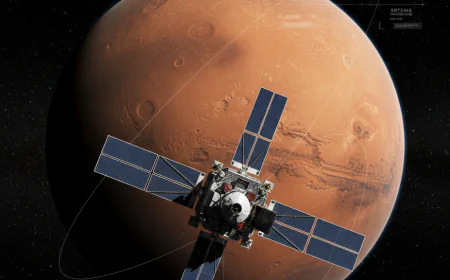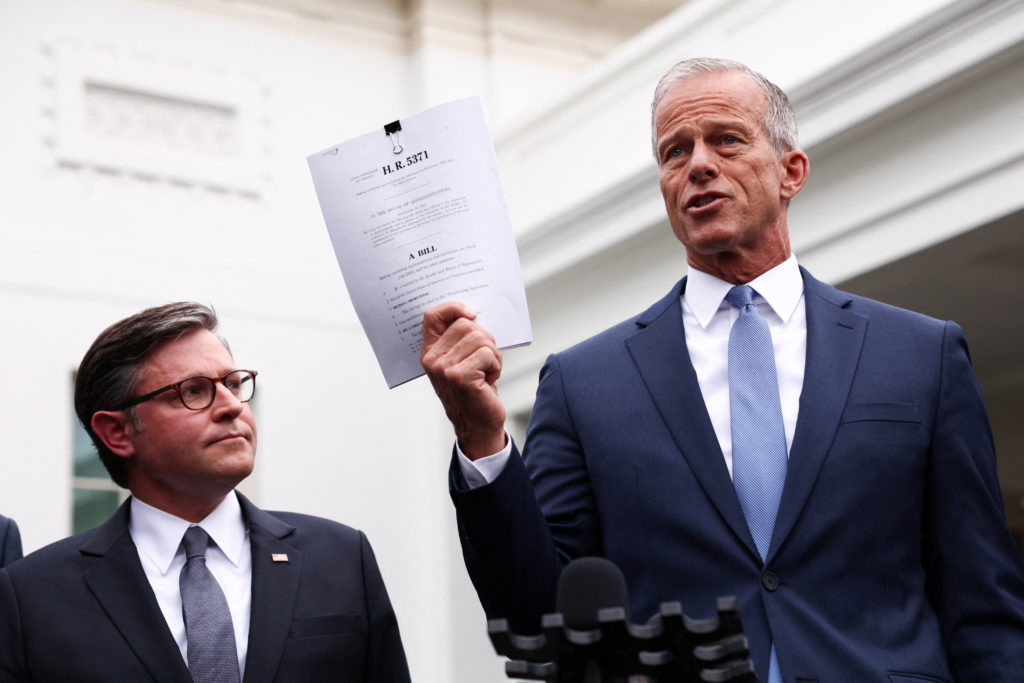President Biden Signs New Climate Bill: What It Means for US Consumers in 2025
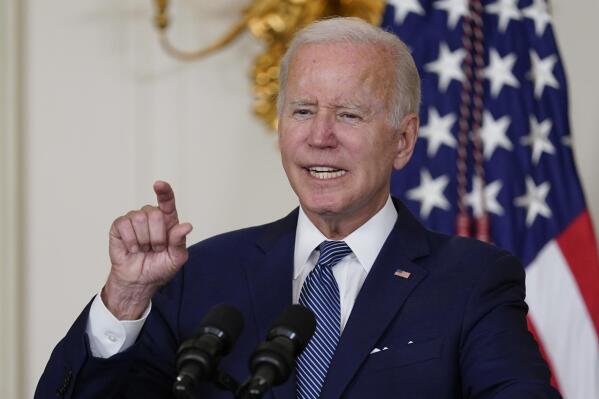
In a historic move aimed at combating climate change and promoting sustainability, President Joe Biden has officially signed the new Climate Bill into law, marking a significant step towards a greener future for the United States. As the nation prepares for the changes expected to roll out in 2025, consumers are poised to experience a variety of impacts that could reshape their purchasing habits and daily lives.
The Climate Bill, which has been a focal point of Biden’s environmental agenda, introduces a range of incentives designed to reduce carbon emissions and promote renewable energy sources. It includes provisions for tax credits for electric vehicles (EVs), rebates for energy-efficient home appliances, and substantial investments in green infrastructure. These initiatives aim not only to mitigate the effects of climate change but also to stimulate the economy by creating jobs in the renewable energy sector.
One of the most significant aspects of the new legislation is the expansion of the EV tax credit. Starting in 2025, consumers who purchase qualifying electric vehicles can receive up to $7,500 in tax credits. This substantial incentive is expected to make EVs more accessible to a broader range of consumers, ultimately leading to a reduction in reliance on fossil fuels and a decrease in greenhouse gas emissions. As automakers ramp up production of electric models, consumers will have more choices available, enhancing competition and potentially lowering prices.
In addition to transportation, the Climate Bill places a strong emphasis on energy efficiency in residential settings. Homeowners seeking to upgrade their appliances to more energy-efficient models will benefit from rebates that can cover a portion of the costs. This initiative not only helps consumers save on utility bills but also contributes to lower overall energy demand, which is crucial for reducing carbon emissions.

Furthermore, the legislation allocates funding for community solar projects, allowing more households to access renewable energy without the need for individual solar panel installations. This is particularly beneficial for renters and low-income families who may not have the means to invest in personal solar systems. By expanding access to renewable energy, the bill aims to democratize energy production and consumption, making it more inclusive for all Americans.
The Climate Bill also includes provisions for enhancing public transportation infrastructure, making it easier and more affordable for consumers to choose sustainable commuting options. Investments in electric buses and rail systems are expected to provide a viable alternative to traditional vehicles, further supporting the transition to a low-carbon economy.
While the immediate benefits of the Climate Bill will likely be felt in 2025, experts believe the long-term effects will be even more profound. By fostering a culture of sustainability, the legislation encourages consumers to consider the environmental impact of their choices, potentially leading to a broader societal shift towards eco-conscious living.
Critics of the bill express concerns about potential increased costs for consumers in the short term, particularly regarding the transition to renewable energy sources. However, supporters argue that the long-term savings on energy costs and the environmental benefits far outweigh any initial expenditures.
As the country moves forward with these ambitious climate goals, the Biden administration remains committed to monitoring the impacts of the Climate Bill on consumers and the economy. The hope is that by 2025, the United States will not only be on a pathway to achieving its climate targets but also enhancing the quality of life for its citizens through sustainable practices and innovations.
In conclusion, President Biden's signing of the Climate Bill represents a pivotal moment in American environmental policy. As consumers prepare for the changes ahead, the emphasis on renewable energy and sustainability promises to transform both the marketplace and the mindset of the nation, paving the way for a greener future.
Scientific Advancements and Long-term Implications
The breakthrough discussed in this report represents a pivotal moment in contemporary research, offering new hope for addressing long-standing challenges in the field. Experts maintain that while the initial findings are promising, a sustained commitment to rigorous clinical testing and peer review is essential for ensuring practical applications. This development also underscores the vital importance of continued public and private investment in scientific innovation. As society grapples with an aging population and environmental shifts, the ability to translate laboratory success into accessible healthcare solutions will be a defining factor of the coming decade.
Article written by: Alex Thompson
What's Your Reaction?
 Like
0
Like
0
 Dislike
0
Dislike
0
 Love
0
Love
0
 Funny
0
Funny
0
 Angry
0
Angry
0
 Sad
0
Sad
0
 Wow
0
Wow
0






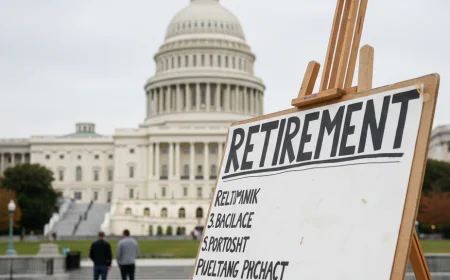




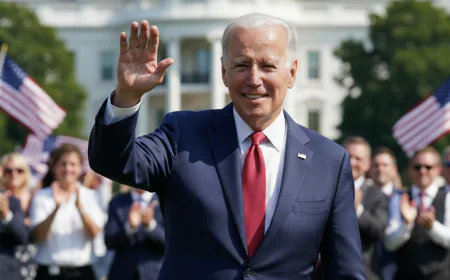












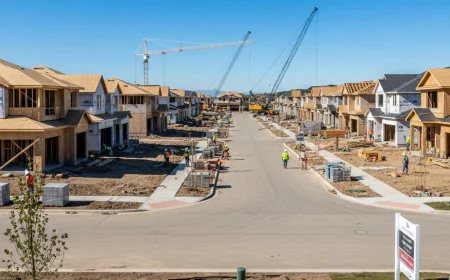



















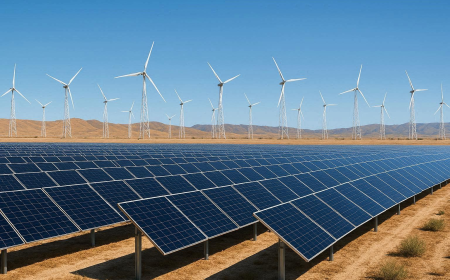
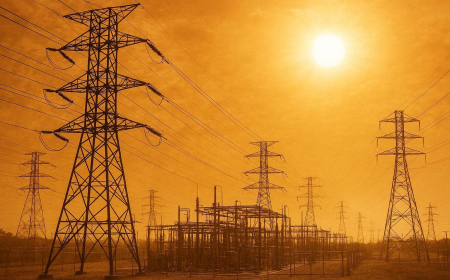











:max_bytes(150000):strip_icc():format(webp)/iphone-17-pro-d7ae6571d5b147ab8312e83b4d30a5a9.jpg)










